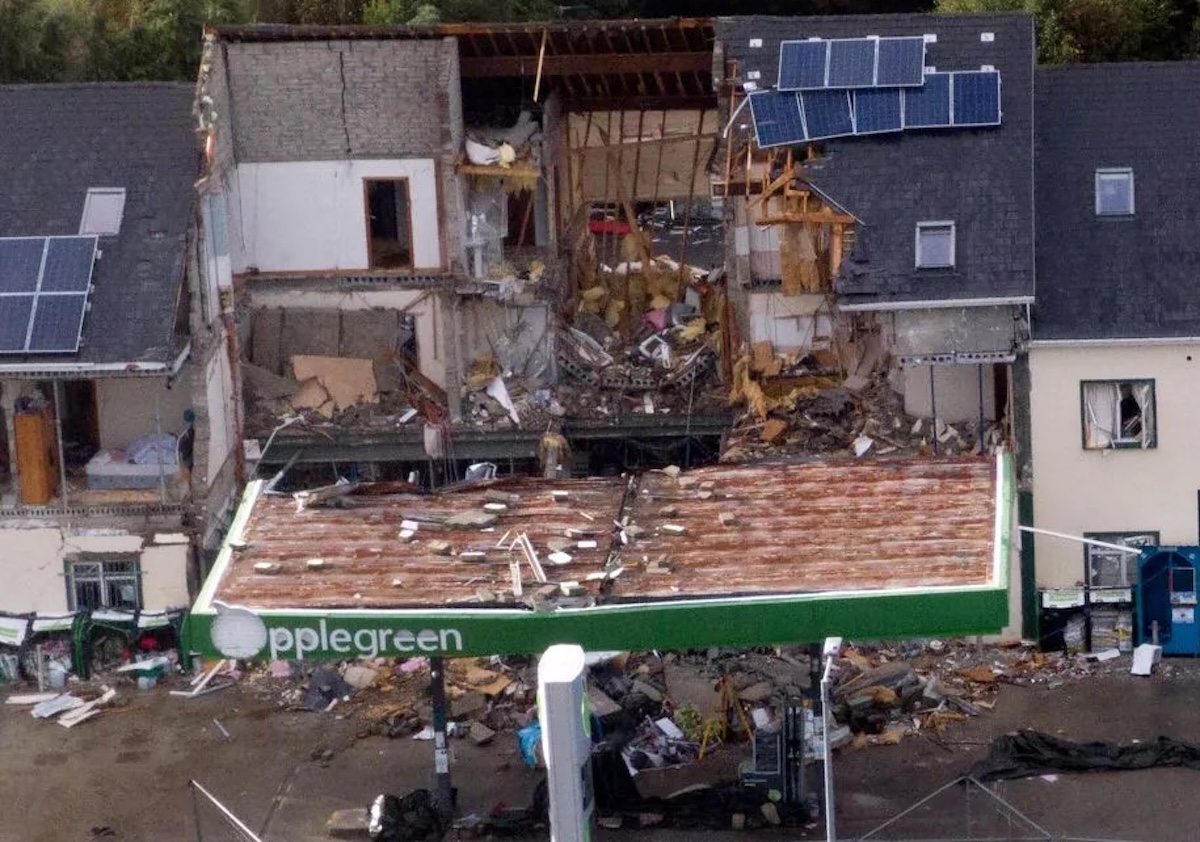
Some ambulances were unable to attend to Creeslough in County Donegal after last year’s gas explosion that killed ten people, because foreign-born paramedics on board did not have visas that allowed them to cross the border, it has emerged.
The disclosure about the Altnagelvin Hospital-based ambulances in Derry was made to an inquiry by the British-Irish Parliamentary Assembly into the operation of the Common Travel Area agreement between Ireland and Britain.
“Some ambulances from northern Ireland could not assist during the explosion that occurred in Creeslough because not all of the paramedics had the necessary visas to cross the invisible border,” Fine Gael senator Emer Currie told the Assembly.
The Creeslough example was used to highlight the difficulties registration and visa regulations are causing for healthcare services in Ireland, especially for hospitals who treat patients on both sides of the border.
Cross-border registration rules are also causing difficulties in social care, the committee heard.
The Six County Western Health and Social Care Trust, which runs hospitals in Derry, Fermanagh and Tyrone, has eight children receiving social care in the 26 Counties at any one time. This requires the registration of up to 30 staff for each case with the South’s Children Psychologists Service, imposing “an additional administration and financial burden” on the trust, the committee found.
The lawmakers called on the Dublin and London governments to implement new arrangements that would allow professionals, including health sector workers, to operate freely on both sides of the border.
Their report also called for an exemption for migrants who are permanently resident in either Ireland or Britain from the requirement to obtain a visa for short visits to either jurisdiction.
Committee chairwoman and senator in the Irish Seanad Emer Currie also noted that Britain’s recently introduced ‘Electronic Travel Authorisation’ (ETA) requirement in its current form undermines the Common Travel Area and will damage tourism.
“The ETA is unworkable on the island of Ireland,” she said. “We’ve offered practical recommendations for the Home Office and British government to consider which respects their objectives.
“I sincerely hope they will take on board the views of our joint committee of MPs, TDs, Senators and Lords as well as the reality of those who will be affected the most.”
![[Irish Republican News]](https://republican-news.org/graphics/title_gifs/rn.gif)
![[Irish Republican News]](https://republican-news.org/graphics/title_gifs/harp.gif)

